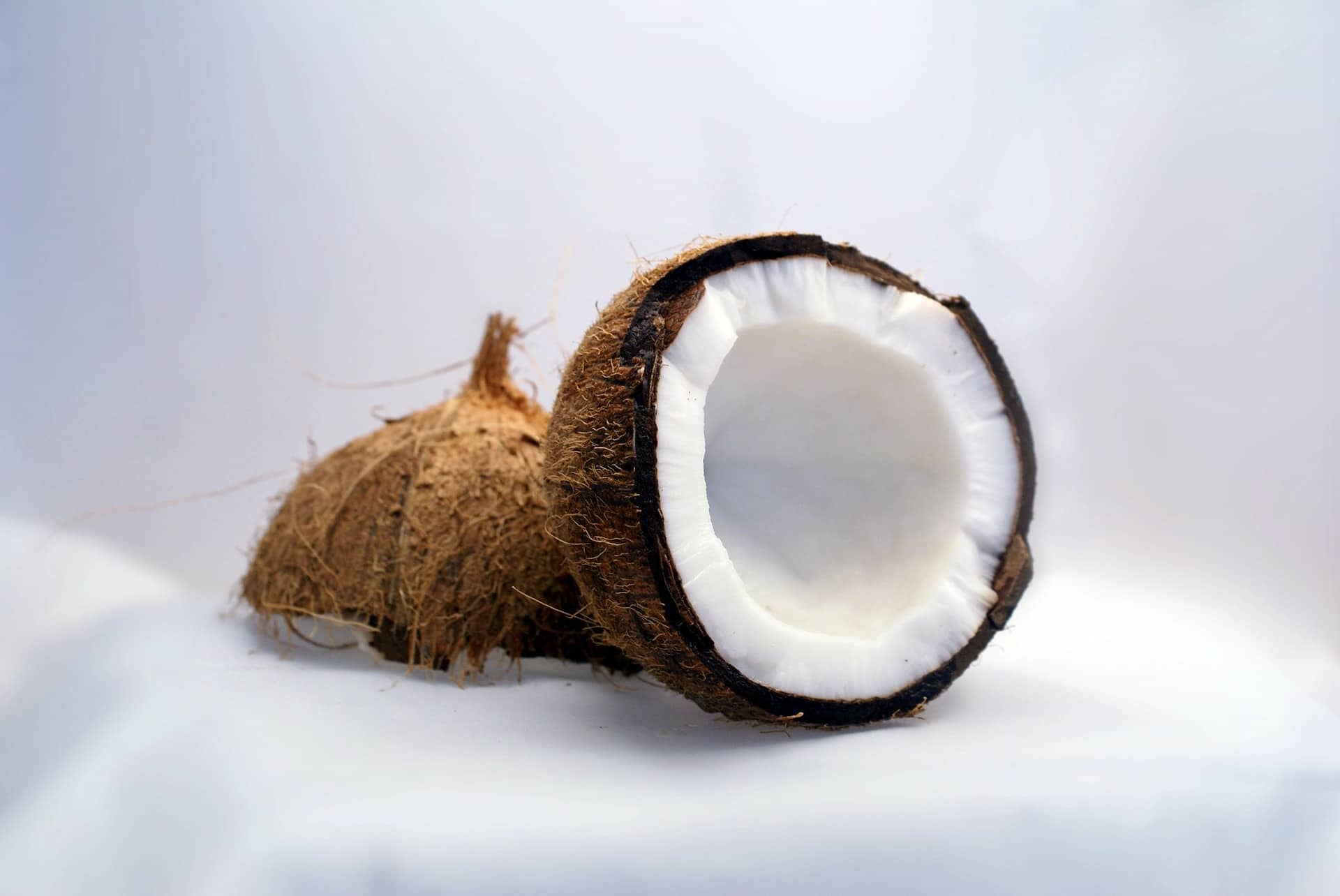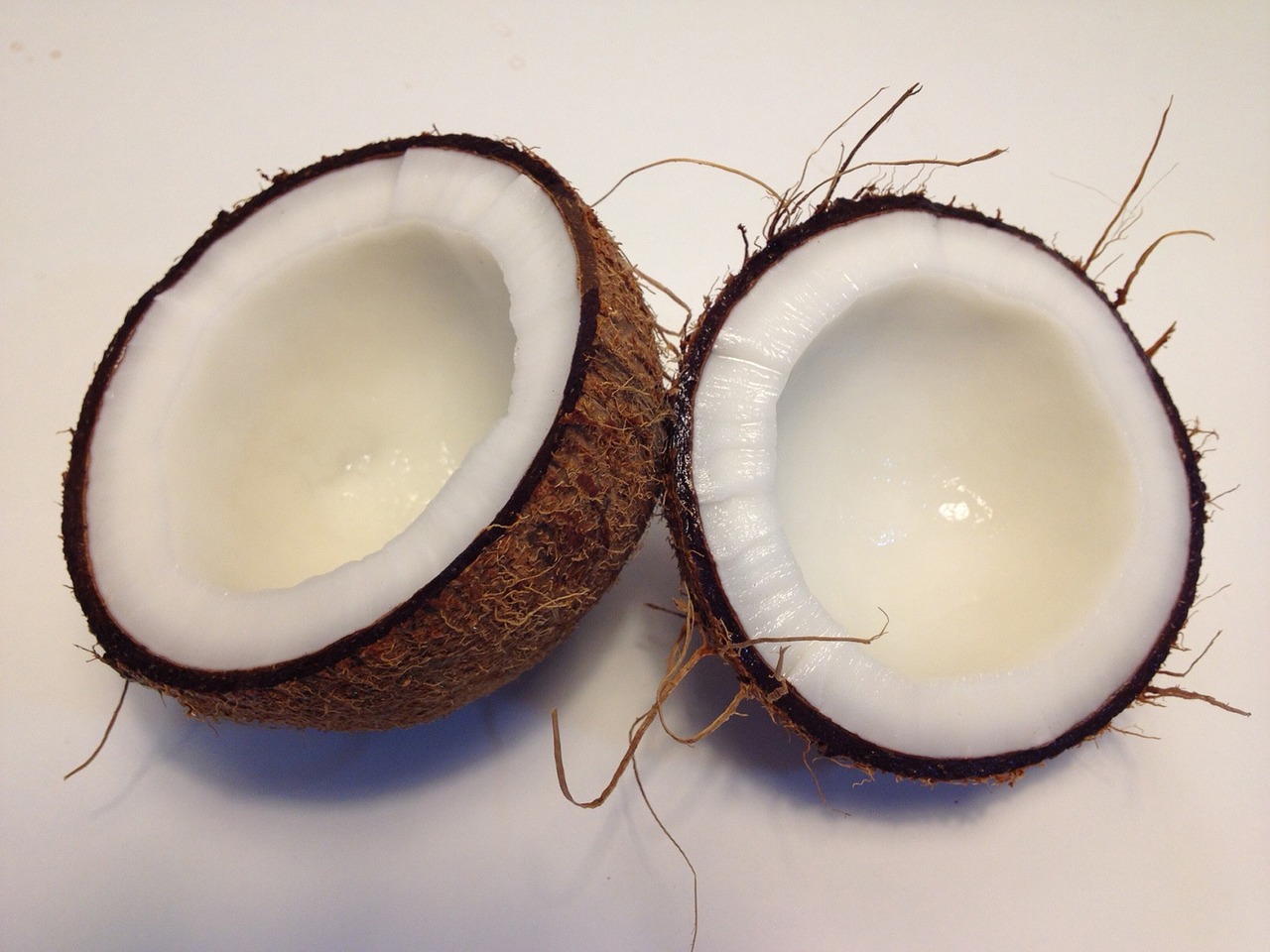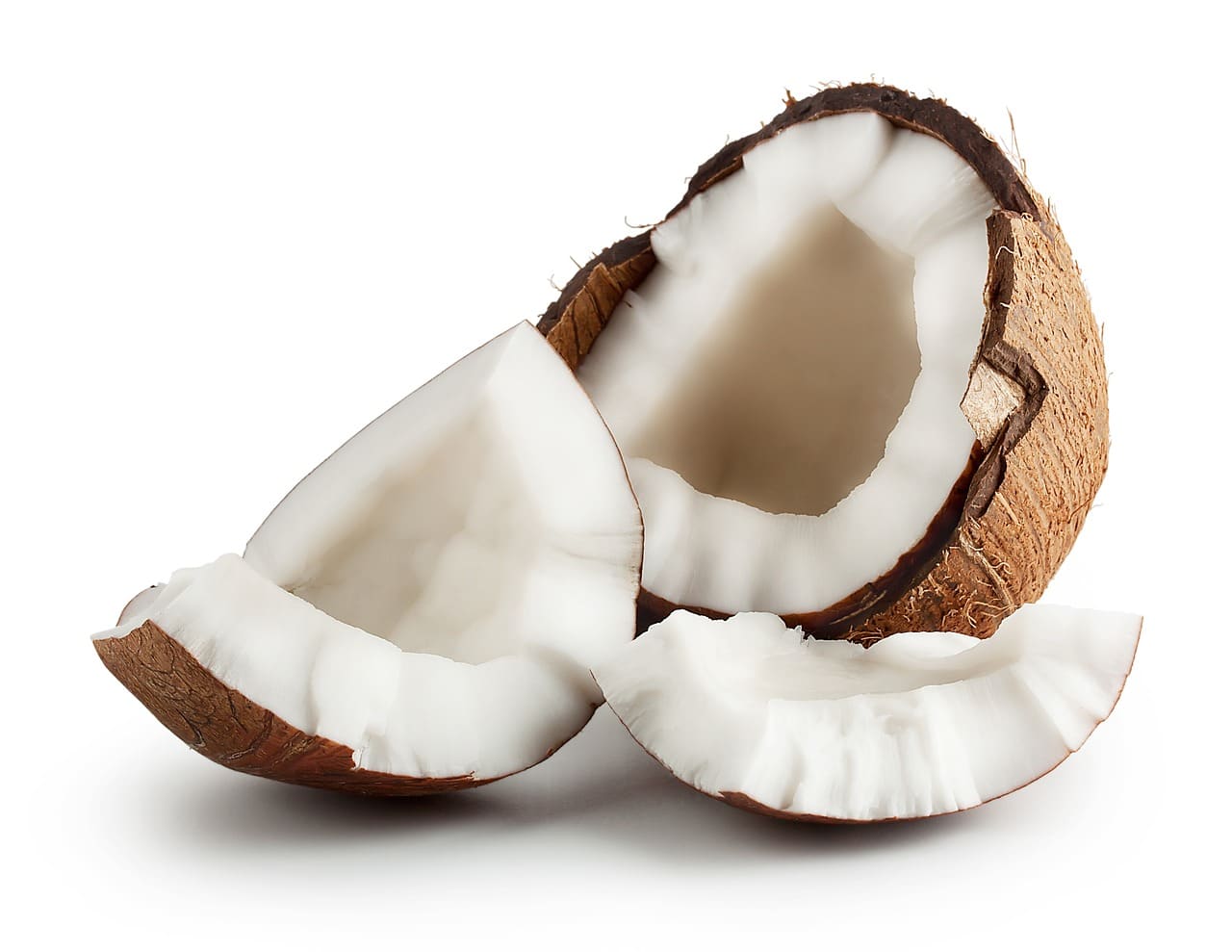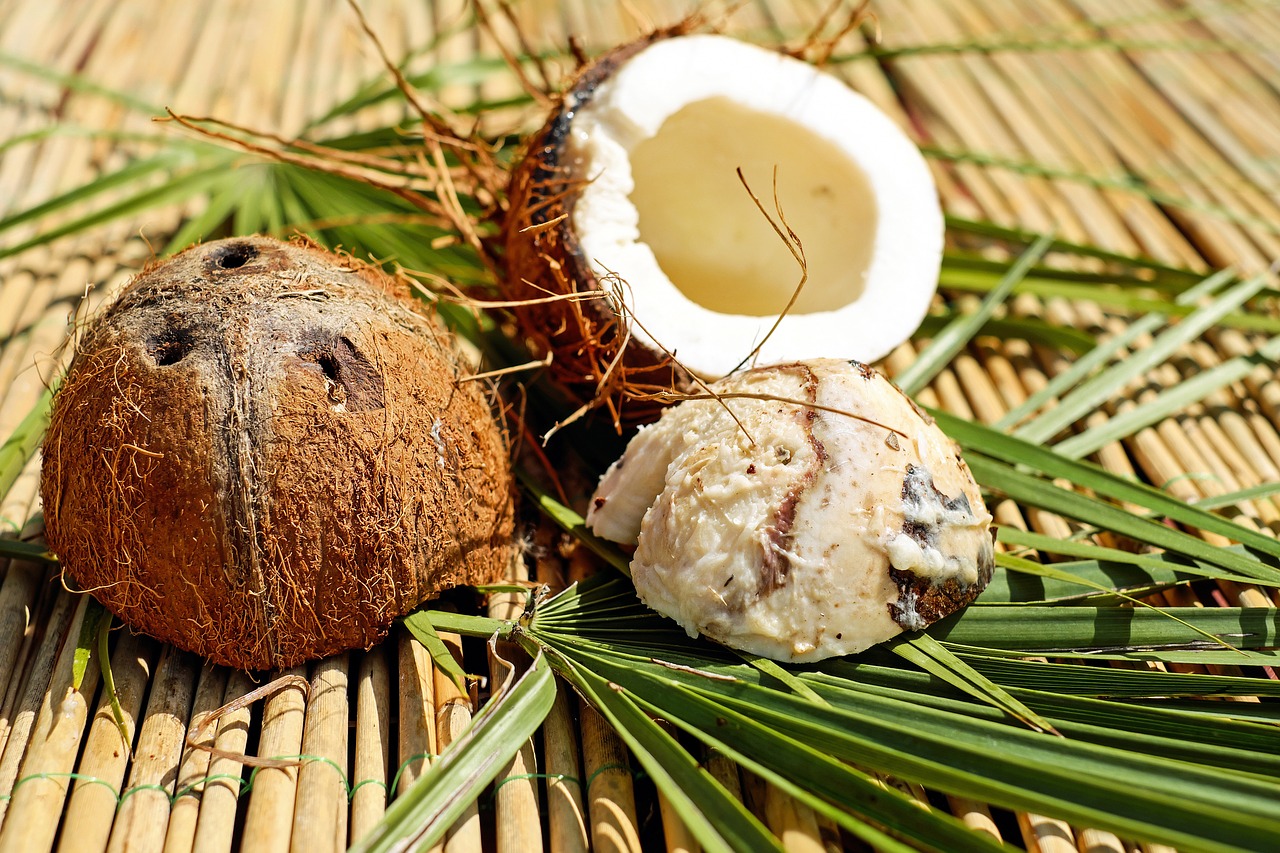Coconut milk is an opaque and nutritionally-rich liquid that is derived from the pulp of coconut. It is anti-bacterial, antioxidant, and anti-inflammatory, all of which make it super healthy and nutritious food to add to your daily diet. Coconut milk is enjoyed not only for its flavor and health benefits but it can also be advantageous for your beauty i.e. for your skin and your hair, all thanks to its high concentration of vitamin E. Its moderate consumption would be a perfect part of your healthy diet, and if you are wondering as to why? Then maybe you find your answer in some of the points given below.
Also Read: 12 Amazing Benefits Of Coconut Water
Table of Contents
Health Benefits Of Coconut Milk
As compared to other milk-types, coconut milk is high on calories, for it is rich in medium-chain triglycerides, a specific type of healthy fat that is easily broken down by enzymes. Furthermore, it also has an adequate amount of vitamins, which are responsible for its antioxidant properties, and minerals such as magnesium and copper, both of which are essential for the betterment of one’s health.
1. Coconut Milk Can Promote Weight Loss
Medium-chain triglycerides (MCTs), which constitute over 12% of coconut milk, along with other compounds such as capric and caprylic acid, make it easier to reduce the storage of fat. Consumption of these compounds is directly linked with the production of ketones, which effectively fill you up and prevent you from overeating (a phenomenon can be of good use when it comes to long-term weight loss and management).

Adequate consumption of coconut milk can help in weight management.
Also Read: Coconut Oil For Weight Loss: How Coconut Oil Aids In Losing Weight?
2. Reduces The Risk Of Ulcers
Stomach ulcers are painful sores that are developed in the inner lining of the stomach walls. These particular types of sores are normally caused due to the presence of helicobacter pylori bacteria, which breaks down the stomach’s defense against the acid that it produces to digest food. Thanks to the anti-bacterial property of coconut milk, it can act as a perfect remedy for soothing the pain and reducing the risk of these painful sores. The recommended dosage is one glass per week, which will give you positive results in no time.

Consumption of coconut milk helps in combating the bacteria that is responsible for causing stomach ulcers.
3. Great For Boosting Mental Health
As mentioned before, coconut milk is a reliable and rich source of medium-chain triglycerides or MCTs, which, upon their intake, are converted into ketones. These ketones are often referred to as an alternative source of energy for your brain, and they lower the risk of contracting any neurodegenerative disorders such as Parkinson’s and Alzheimer’s.
4. Great For Diabetes Control
Unsweetened coconut milk is one of the most prescribed dietary requirements for people who are suffering from diabetes or pre-diabetic symptoms (in which the blood sugar level is high but not high enough to be considered as diabetes). A single sip of coconut milk can give you the taste of the tropics. However, you should note that coconut milk has a higher fat content as compared to other types of milk, so consume it in moderation.

Unsweetened coconut milk can be a great addition to your diet if you are looking to control your blood sugar level.
Also Read: Diabetes Diet: What To Eat To Manage Blood Sugar And Keep Diabetes In Control
5. Coconut Milk Is Great For Your Cardiovascular Health
Regular and limited consumption of coconut milk has shown some promising qualities when it comes to the overall cholesterol ratio in the body. Its intake is linked with the lowering of the bad cholesterol (LDL) levels that also coincides with the increase in the concentration of good-cholesterol (HDL) concentration. Coconut milk consumption is known to have no negative effects on your lipid levels when consumed in moderation.
Also Read: Top 9 Heart Friendly Foods
Beauty Benefits Of Coconut Milk
6. Natural Remedy For Sunburn
Due to its natural anti-inflammatory properties, the external application of coconut milk can indeed treat the redness of the burnt skin cells in no time. This is due to the fats present in the milk, which are responsible for treating the redness, pain, and swelling, in the affected area. For best results, you should apply over the burnt skin at night, and then thoroughly rinse it off in the morning.
Also Read: Anti-Inflammatory Foods: List Of Foods That’ll Help You Fight Inflammation
7. Delays The Signs Of Ageing
Since it is loaded with an antioxidant such as vitamin C and minerals such as copper, massaging your skin with coconut milk can help it in retaining its flexibility and elasticity along with nourishing your skin cells and protecting them against the attack of free-radicals. Apply a few drops of coconut milk as a face mask and keep it one for 15 minutes. Doing this same thing about 2-3 times a week will improve the quality of your skin and would reduce the signs of aging.

The antioxidant content in coconut milk and helps in delaying the signs of aging.
8. Rejuvenates Your Skin
The application of coconut milk does not only help in the reduction of the signs of aging, but it also acts as a natural exfoliator for your skin cells. Keeping it on and then rinsing it off can also aid in the removal of dead cells, thus leaving behind a skin that is glowing and radiant. The best way to get the most out of it is by making a scrub from the mixture of coconut milk and oatmeal powder.
9. Works Best As A Skin Moisturizer
Milk baths are often associated with moisturized skin. And strictly speaking about coconut milk, its application over your skin does more than just moisturize it. It is a natural remedy against itchiness, redness, dryness, and most of all, it soothes and softens the skin. Adding just one cup of coconut milk to warm water might just do the trick.

Coconut milk is beneficial for keeping your skin nourished and soft.
10. Nourishes Damaged Hair
After being applied to dull and damaged hair regularly, coconut milk can restore its shiny characteristic. In addition to that, its anti-inflammatory nature can also aid in the soothing of itchy scalp and help in getting rid of dandruff. As coconut milk is responsible for providing nourishment to the skin, the same can be said about its beneficial qualities for your scalp.
11. Great For Healthy Hair Growth
Most of the essential nutrients present in coconut help in nourishing the scalp and providing it with all the requirements of healthy hair growth. Massage your hair thoroughly and keep it one for 20-30 minutes before rinsing it off with water.
Using coconut milk can have its benefits and side-effects, but if you are responsible with its consumption and application, you’ll only notice its advantages. Since it is high on calories, you must take note of your consumption, and if you are lactose intolerant, there is no need for you to worry, for coconut milk itself is a perfect alternative.
FAQs
Does packaged coconut milk contain any dairy?
Packaged coconut milk contains no milk or cream. Due to the white, opaque appearance of the coconut extract, it is called milk but contains no dairy products at all. Some brands add little bit of water along with some vitamins and minerals as stabilizers, this is mainly to maintain the shelf life of the product.
Why does coconut milk solidify?
Just like coconut oil, coconut milk has a low solidifying temperature and if the temperature falls below a certain point, the contents may solidify. This does not affect the quality of the coconut milk, and does not mean that the product has curdled. Simply put the closed can in a bowl of boiling water to bring back to a liquid state, and shake before opening. Alternatively, you can simply spoon the solidified milk or cream into your dish. Coconut Milk is best stored in a pantry, or a dark cool area out of the sun, to keep it in a liquid state.
What is the difference between coconut milk and coconut cream?
Coconut Milk or Cream is not the watery liquid inside the coconut. To obtain milk or cream, the coconut is peeled and its flesh cut into pieces before being crushed. The extract obtained is boiled, homogenised, filtered, canned and sterilised. For cream, the process is carried on for longer, which makes it more concentrated. Both milk and cream can be used in recipes, depending on the requirement. Coconut milk and coconut cream make delicious and thick gravies, popularly used in the Thai cuisine and South Indian cuisine.
Can you make yogurt out of coconut milk?
Yes you can make yogurt out of coconut milk. If you are making it for the first time then you may have to use a regular yogurt as a starter, but because it is used in such a small amount, it will not harm anyone who is lactose intolerant. It is a great option for people who are switching to less dairy intake.
There seem to be 2 kinds of coconut milks available in the market. One seems to be slightly thick and the other one is almost watery. Why so?
Thicker coconut milk is most often used in culinary applications like soups and sauces where coconut milk is the base, and also in plenty of delicious desserts. Thicker coconut milk can also be used as a non-dairy cream substitute in cooking and baking. Thicker coconut milk is very high in fat, hence gives a richer outcome.
Thinner coconut milk has a lot of water added to it and is most often used as a milk substitute by vegans, and those with dairy allergies. You may also find it in different flavours and is ready to consume.


